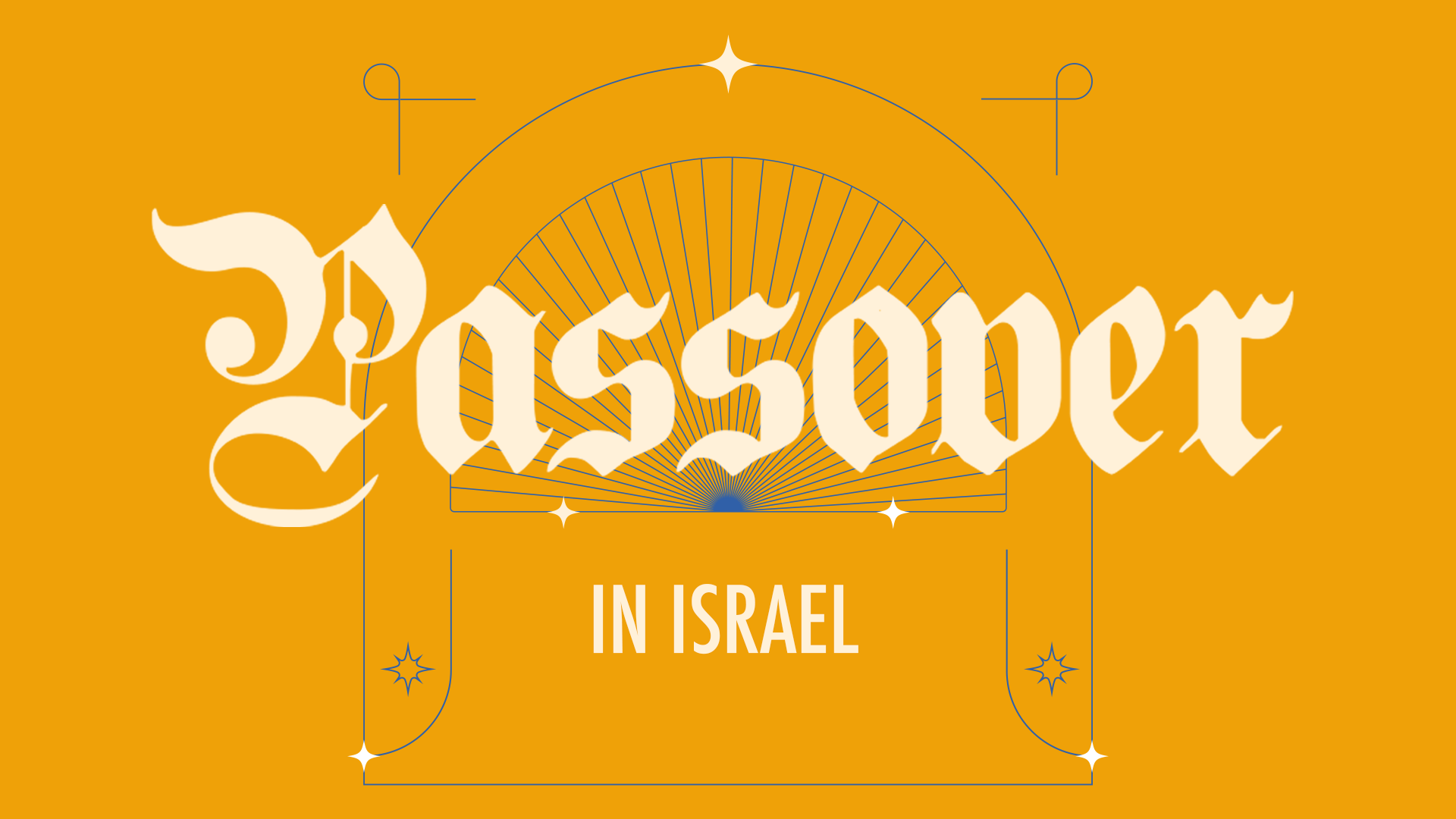Why does the Bible say 7 Times 70?

Then Peter came to Jesus and asked, ‘Lord, how many times shall I forgive my brother or sister who sins against me? Up to seven times?’ Jesus answered, ‘I tell you, not seven times, but seventy-seven times’. Matthew 18:21-22
This passage emphasizes the importance of forgiveness and highlights the potential consequences for failing to embody this virtue.
Peter thought he was being really spiritual by his willingness to forgive up to seven times. Jesus’ response to forgive someone up to 490 times must have been quite a shock! Jesus never wasted a word. So the number of times he instructs us to forgive must have some deeper significance. But what is it?
Hebrew is alphanumeric which means that every word has a numerical value. Words that share the same numeric value are often connected in some way and these connections frequently communicate deeper spiritual insights. And is this certainly the case here.
490 is the numerical value of the biblical Hebrew word “tamim” which means to “complete,” “perfect,” or “finished.” A person who can’t forgive will always live an imperfect, and incomplete life that lacks a true understanding of the “finished” gracious work of the cross. 490 is also the value of the Hebrew phrase “Let your heart be perfect” (1 Kings 8:61). Forgiving helps to make us complete and is key to perfecting our hearts.
But there are some even deeper connections. The word nativity and Bethlehem, the city where Messiah was born, both individually add up to 490. This makes perfect sense since Jesus was born so that we might be forgiven. And forgiveness is associated with bread in the Lord’s Prayer, “Give us this day our daily bread, and forgive us our trespass as we forgive those who trespass against us” (Matt). We celebrate this forgiveness by partaking of the broken bread of Communion concerning which Jesus said, “This is my body given for you; do this in remembrance of me” (Luke 22:19). Just like a person can’t live without their daily bread, an individual can’t survive spiritually and relationally without forgiveness. All of us need to learn to forgive and to be forgiven.
In the parable, the master of the servant shows a profound demonstration of forgiveness. He takes notice of the servant’s dire situation and feels deep compassion towards him. As an act of benevolence, the master completely erases the servant’s debt, relieving him of the burden and consequences of his actions. Not only does the master release the servant from his obligations, but he also grants him freedom, allowing him to move forward without any lingering consequences. This act of forgiveness is a powerful display of mercy and kindness. Forgiveness is about freedom.
Application:
Forgiveness is not an elective it’s a requirement. We must forgive because we have been forgiven by the Lord. Biblically, extending forgiveness should not be dependent on receiving an apology, “even as Messiah forgave you, so you also must do” (Col 3:13). Unforgiveness keeps you imprisoned and chained to your past but forgiveness sets you free.
Don’t delay! Ask the Lord, “Who do I need to forgive today? May the Lord give you the grace right now to forgive in Jesus’ name.”
Journey Deeper:
Fusion with Rabbi Jason Sobel is developing a number of innovative resources to help individuals, small groups, and churches to grow in their faith through teaching that creates “aha moments” by connecting Old and New.
Would you prayerfully consider partnering with us to reach and teach the World? This is a unique time in history and we have been given a unique opportunity to touch the lives of millions throughout the U.S. and the Middle East.








Thank you
Thank you so much….The Lord sent me to this page. I’ve become bitter and far from The Lord in an abusive marriage. I despise who I’ve become.
Please pray that G*d would heal & bind my wounds.
Wow, Thank you for sharing this breakthrough word, (Light to me).
Dear Rabbi Jason
This is amazing. I was stirred in my spirit to get down on my knees and think of the past and all the hurts etc..I spent a while I prayer bringing names of people before God, and incidents that caused me hurts which I realised were still in my subconscious.
I receive your email and the teaching on forgiveness 7×70 times.
3 weeks ago, this scripture was brought to my mind, and The Holy Spirit impressed in my heart and spirit that I must forgive 7×70, and reminded me of the scripture in Daniel about the 70 weeks of Daniel.
The Holy Spirit impressed strongly in my spirit that Forgiveness and forgiving others must be ongoing until Yeshua returns…
I think Genesis 4:24 lies behind Jesus’ statement. In contrast to Lamech’s boasting in his claim for revenge 70×7, we have Jesus saying forgive your brother 70×7. The contrast is stunning. Worth thinking through.
While rreading Genesis 4:23-24 a thought came to me. It mentions punishment here and not forgiveness but I feel they are interlinked.
What are your thoughts?
Wow and wow again
Oh wow! I hadn’t realized that Yeshua made reference to again, the opposite, of what Lamech had said in reference to revenge? Interesting! The goal of being “complete” or “whole”, is the uniting the opposites—the sacred union of opposites. And Yeshua also said “I have not come to change the law, but to fulfill it.” Thanks for the info!
Refreshing exploration into the foundations of the Judeo-Christian traditions. Thank you for introducing me to the inspirational Hebrew Gematria!
My life has been changed…
God bless you.
I admit that, except for a few passages such as the number of the beast in Revelation, I’m generally pretty skeptical of gematria as a valid interpretive grid/method. Particularly to the extent that Rabbi Jason takes it.
I don’t doubt the sovereignty of God and his ability to link words or phrases together across the bible via their numerical values. What I have trouble accepting is that a 1st-century or earlier Jew, reading the Torah, would be picking up on and making these connections. Do we really know that anyone back then was reading specific passages or words and making conscious note of their numerical values, and then mentally linking those values to other passages? Further, it’s one thing to suggest that words are connected by their numerical value. It’s something else to link a word in Matthew to an entire phrase in 1 Kings – especially to what seems to be a specific translation of that verse (other translations indicate that what’s in view is ‘perfect devotion’ to God, not ‘perfection’ or sanctification. A word is a clearly defined literary unit with specific or standardized spelling and a recognizable beginning and end. With phrases, these delineations aren’t as clear, especially since ancient Hebrew and Greek didn’t have punctuation to clearly mark the beginning or end of sentences. In light of that, linking to the numerical value of ‘Let your heart be perfect’ begins to feel artificial and arbitrary. One could theoretically “massage” the beginning or end of a specific passage in order to the the values fit and therefore create links that wouldn’t otherwise exist.
Again, I don’t doubt God’s sovereignty and wisdom in creating a book that functions this way. I’m just skeptical if this methodology was ever intended. At the same time, I’m not a scholar or historian so there may be entire bodies of work dealing with this that I’m not aware of. I’m fully open to the idea, but I have reservations.
Do you know of anything (books, journal articles, etc.) showing or defending the notion that gematria is a valid interpretive method?
Thanks so much for the powerful information. It is an eye opener. Without forgiveness we are moving in cycles, not going anywhere
Thanks so much for the powerful information. It is an eye opener. Without forgiveness we are moving in cycles, not going anywhere. God bess you abundantly and extend your territory in Jesus Christ Name Amen